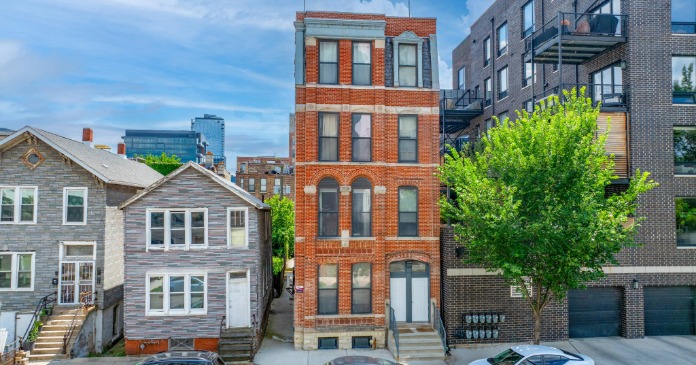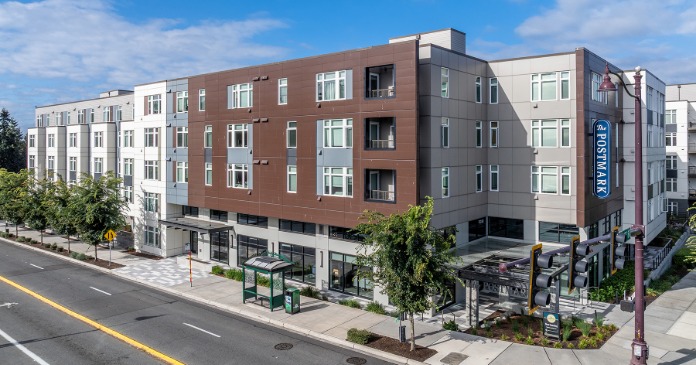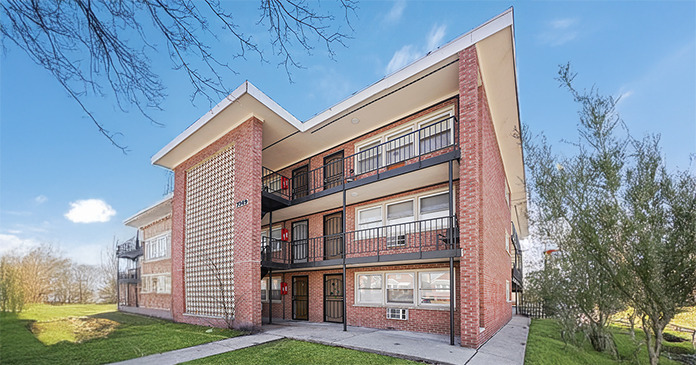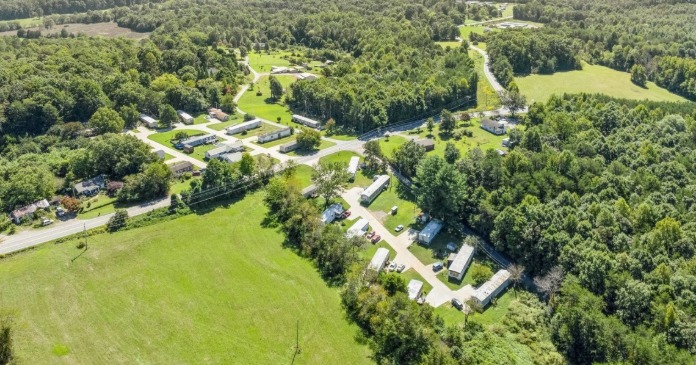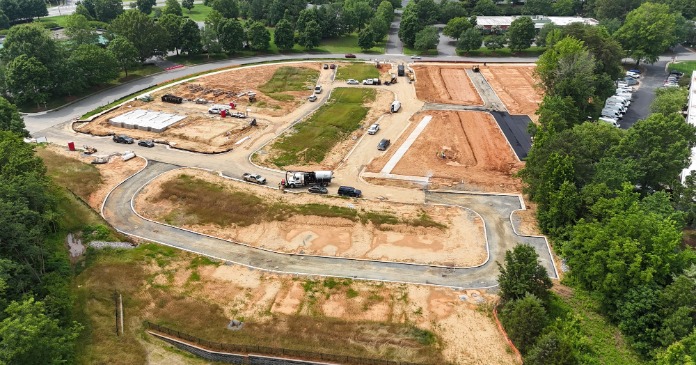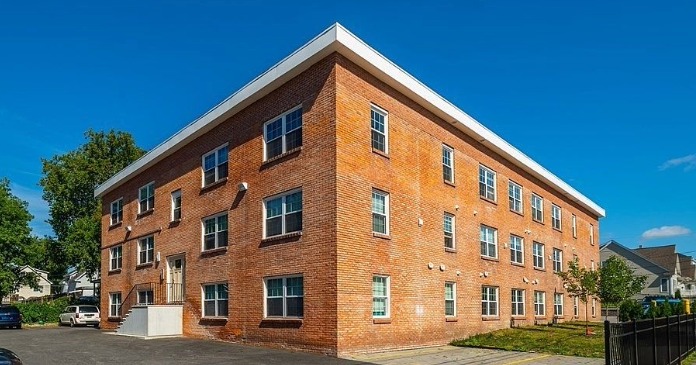A three-judge panel of the 9th Circuit Court of Appeals has struck down one provision of Seattle’s Fair Chance Housing Ordinance while leaving key parts of the law intact. The law was passed by the Seattle City Council in 2017 and has been the subject of litigation ever since.
The fundamentals
The law had two main provisions that were the subjects of dispute. The first provision was that landlords were prohibited from inquiring into the criminal history of any prospective tenants. The second provision was that landlords were prohibited from taking adverse action on any tenant based on their criminal background.
A group of small landlords represented by the Pacific Legal Foundation, a public interest law firm with a focus on property rights, challenged the law. They asserted that the ban on inquiring into a prospective renter’s history infringed on the landlords’ free speech rights. They also asserted that landlords have the right to rent their properties to people whom they choose at a price they choose, provided they do not discriminate.
The ruling
Lower courts had upheld Seattle’s ordinance in full. The appeals court ruled that landlords do have a right to run a criminal background check on prospective renters. However, it also ruled that landlords do not have a right to exclude tenants based on what the background check uncovers. While the property owners had asserted a fundamental right to exclude problematic people from their property, the court ruled that the city’s interest in seeing that all people could find housing overcame the landlord’s right to exclude.
The Fair Chance Housing Ordinance contains a severability clause which provides that other provisions of the law remain in effect even if part of the law was determined to be unconstitutional. The case was sent back to the lower court to determine if there is any reason why the severability clause should not be honored.




